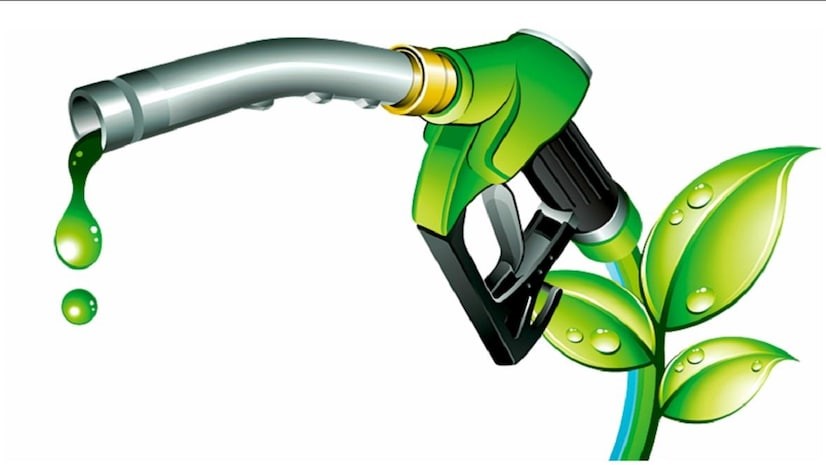Free Courses Sale ends Soon, Get It Now


Free Courses Sale ends Soon, Get It Now



Disclaimer: Copyright infringement is not intended.
Context:
Work Plan contains the following:
|
Global Biofuel Alliance (GBA) |
|
|
About |
●It was launched during the 2023 G20 summit in New Delhi with the aim of promoting biofuel usage globally. |
|
Membership |
●24 countries, including G20 and non-G20 nations like South Africa, Kenya, Uganda, and potentially Tanzania, have joined the GBA. ●African nations, in particular, show significant interest in the initiative. |
|
Key Players |
●India and Brazil are the main drivers behind the GBA, with shared long-term goals regarding biofuels. ●Brazil's leadership as the current G20 chair has provided impetus to the initiative. |
|
Governance Structure and Secretariat |
●Currently, it lacks a charter and permanent secretariat. |
|
Global Engagements |
●The GBA has actively engaged in global forums such as the United Nations COP28 Summit, World Economic Forum in Davos, and the G7 energy minister's meeting in Italy. ●These engagements aim to build the profile of the GBA and showcase its plans and objectives on a global stage. |
|
India's Role and Goals |
●India sees the GBA as a platform to position itself as a climate and sustainability champion and amplify its voice in global discussions. ●By assisting lower and middle-income countries in starting biofuels programs, India aims to bridge the gap between production and procurement. |
Initiatives taken by India to promote biofuels:
Details about biofuels:
https://www.iasgyan.in/daily-current-affairs/biofuels-27
Conclusion:
Source:
|
PRACTICE QUESTION Q.Consider the following statements about Global Biofuel Alliance:
How many of the above statements is/are correct? A.Only one B.Only two C.Only three D.All Four Answer: A |
© 2024 iasgyan. All right reserved